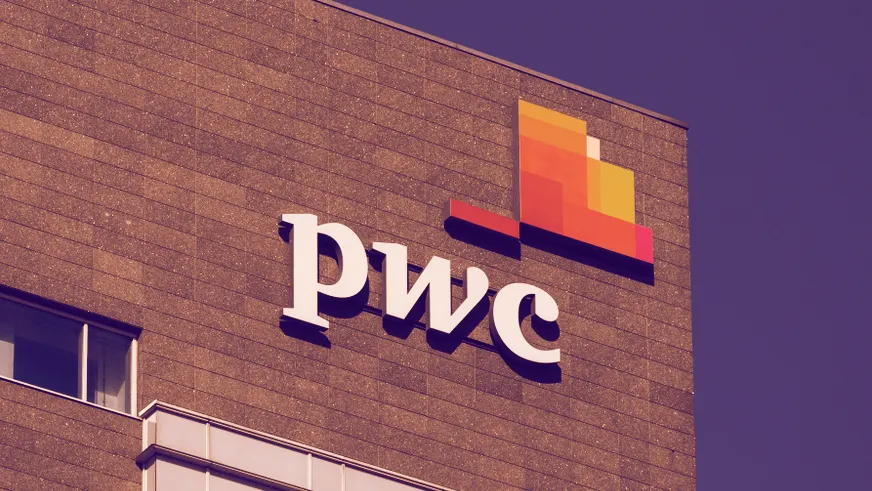We do the research, you get the alpha!
According to PricewaterhouseCoopers (PwC), the total number of assets under management of crypto hedge funds globally doubled in 2020, jumping from $2 billion in 2019 to $3.8 billion.
The PwC report indicated that more than 90% of crypto funds trade in Bitcoin (BTC).
Following close behind is Ethereum (ETH), which features in 67% of all crypto hedge funds. Rounding off the top five crypto assets are Litecoin (LTC) at 34%, Chainlink (LINK) at 30%, and Polkadot (DOT) at 28%.
Approximately half of the crypto hedge funds surveyed trade in derivatives (56%), although the report indicated that short-selling drastically reduced in 2020 from 48% to 28%.
Crypto hedge funds were also found to be actively involved in staking, lending, and borrowing activities.
Much like traditional hedge funds, PwC found that most crypto funds are based in the Cayman Islands—the offshore jurisdiction houses 34% of funds working in crypto. The United States and Gibraltar come in second and third, opening their respective doors to 33% and 9% of crypto hedge funds.
Crypto hedge fund managers, however, are based elsewhere.
The United States leads the way with 43%, followed by the United Kingdom and Hong Kong, which house 19% and 11% of fund managers respectively.
What's behind the rise of the crypto hedge fund?
According to PwC, the launch of the crypto hedge fund is broadly correlated with the price of Bitcoin.
“The price spike in 2018 appears to have been a catalyst for further crypto funds to launch while the decrease in 2018 led to fewer funds being launched in 2019,” the report said, adding, “18% of the survey respondents were launched in 2020 when prices were rising again.”
Rising prices might be attracting newcomers to the market, but there remain some concerns about the industry.
According to the report, roughly four in five respondents (82%) said they were concerned about regulatory uncertainty within the wider crypto industry. “Regulatory uncertainty is by far the greatest barrier,” the report said, adding, “Even those who do invest in digital assets cite it as a major challenge.”
Other risks include reputational risks—which 77% of respondents cited—as well as simply insufficient knowledge about digital assets, which 64% of respondents included in their answers.





